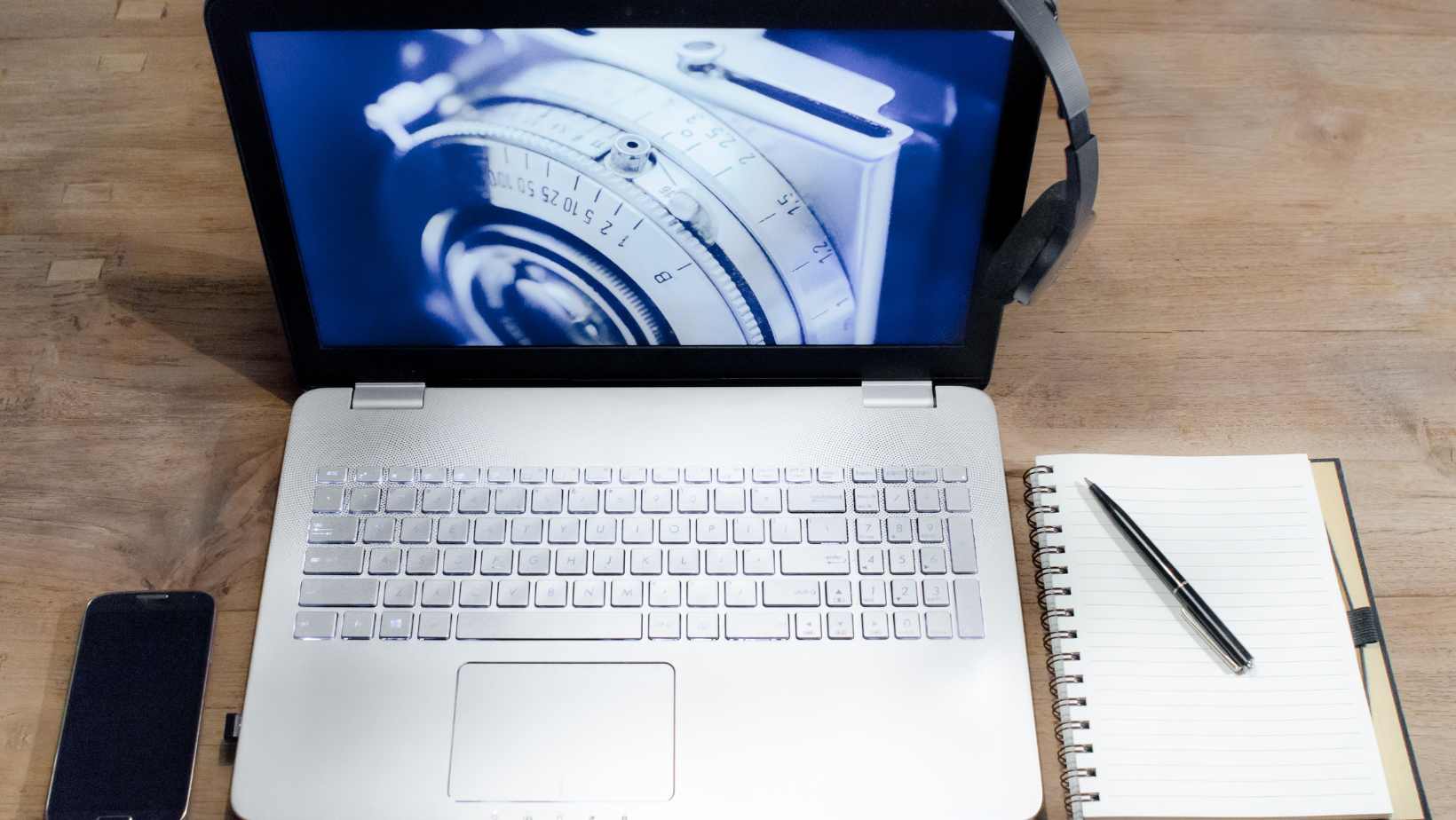
Looking for the best laptops for cyber security professionals? As an expert in the field, I’ve done extensive research to help you find the perfect device that meets your needs. Cybersecurity professionals require powerful and reliable laptops to handle complex tasks such as vulnerability assessments, penetration testing, and data analysis.
Regarding cyber security, having a laptop with strong hardware specifications is crucial. You’ll want a machine that can handle resource-intensive applications without any hiccups. Additionally, consider laptops with advanced processors like Intel Core i7 or AMD Ryzen 7 for seamless multitasking and speedy performance.
Security is paramount for cyber security professionals, so opting for a laptop with built-in privacy features is essential. Look for biometric authentication devices, such as fingerprint sensors or facial recognition technology. These features add a layer of protection and ensure that only authorized users can access sensitive information.
Moreover, a reliable operating system is vital in ensuring secure computing experiences. Consider laptops running on reputable platforms like Windows or macOS, which receive regular updates and patches to address potential vulnerabilities.
Best Laptops For Cyber Security Professionals
Operating Systems for Cyber Security Work
When it comes to finding the best laptop for cyber security professionals, the choice of operating system plays a crucial role. Different operating systems offer their own set of advantages and considerations. Here are a few popular options to consider:
- Windows: Windows laptops are widely used in the corporate world and offer compatibility with various software tools commonly used in cyber security. The Windows operating system provides a user-friendly interface and a wide range of hardware options.
- MacOS: MacBooks, powered by MacOS have gained popularity among cybersecurity professionals due to their robust security features and seamless integration with other Apple devices. Additionally, MacOS benefits from regular updates that address potential vulnerabilities.
- Linux: Known for its flexibility and strong command-line capabilities, Linux is often favored by advanced cybersecurity experts who require customizability and access to specialized tools. Various distributions like Ubuntu, Kali Linux, or Fedora cater specifically to cybersecurity needs.
Consider your specific requirements when choosing an operating system for cyber security work. Software compatibility, familiarity with the OS, and personal preference should guide your decision-making process.

Memory And Storage Requirements for Handling Large Data Sets
When it comes to cyber security professionals, dealing with large data sets is a common requirement. Analyzing and processing vast amounts of data is crucial in detecting threats, identifying vulnerabilities, and developing effective security strategies. To efficiently handle these tasks, having sufficient memory and storage capabilities in your laptop is essential.
Here are some key considerations for memory (RAM) and storage requirements for handling large data sets:
- Ample RAM: The amount of RAM in your laptop plays a significant role in the speed and efficiency of data processing. Cyber security professionals often work with memory-intensive applications such as network packet analyzers, vulnerability scanners, or malware analysis tools. I recommend a minimum of 16GB or higher RAM capacity to ensure smooth multitasking and quick data analysis.
- Fast Solid-State Drive (SSD): Traditional hard disk drives (HDDs) can be sluggish when handling large amounts of data. Opting for a laptop equipped with a high-capacity solid-state drive (SSD) will significantly improve read/write speeds, resulting in faster access to files and programs. Look for laptops with at least 512GB SSD or consider upgrading the storage capacity if necessary.
- External Storage Options: While an ample internal storage capacity is important, having additional exterior storage options can be beneficial when working with extensive datasets or conducting forensic investigations. Consider investing in portable external hard drives or cloud-based solutions to expand your storage capabilities without compromising performance.
- Processing Power: Alongside memory and storage, a powerful processor is vital for handling complex computations in analyzing large datasets. Look for laptops powered by quad-core or higher processors from reputable brands like Intel Core i7 or AMD Ryzen series to ensure optimal performance.
Remember that these recommendations may vary depending on specific use cases and software requirements within the field of cyber security. It’s always best to consult the system requirements of the specific tools and applications you’ll be using to ensure compatibility.
When it comes to handling large data sets as a cyber security professional, investing in a laptop with ample RAM, fast SSD storage, and powerful processing capabilities is crucial. By prioritizing these features, you’ll be equipped to efficiently process and analyze vast amounts of data to protect against cyber threats effectively.



